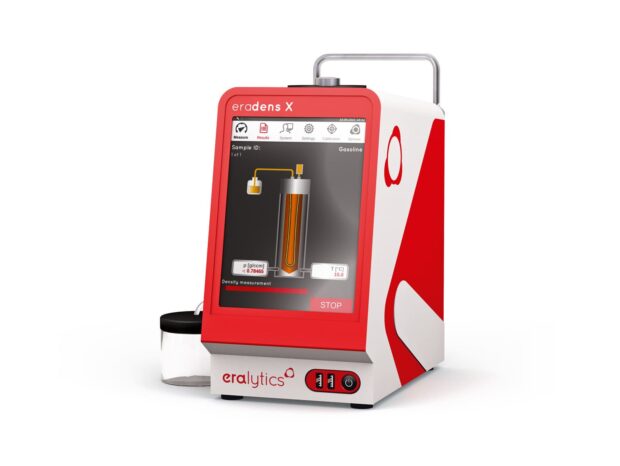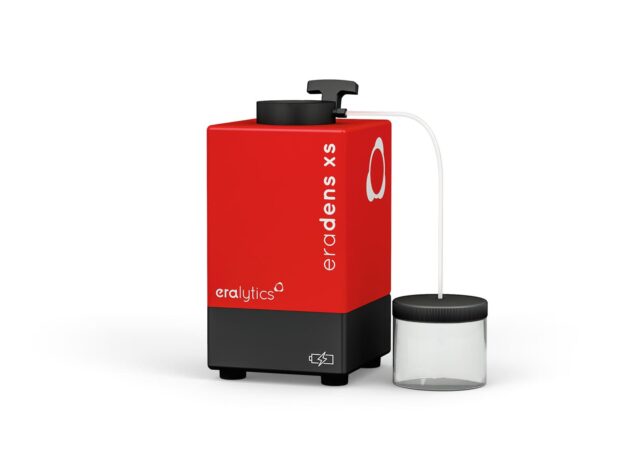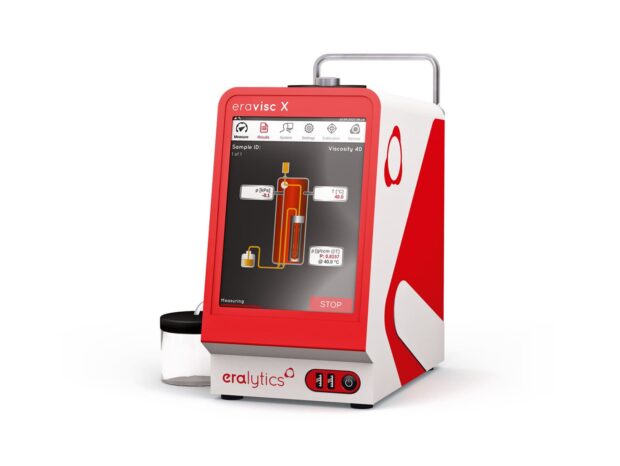Standard Test Method for Density, Relative Density, and API Gravity of Crude Oils by Digital Density Analyzer.
Get more information about the standard at ASTM D5002-22.
ASTM D5002 is a test method for determining the density and relative density of crude oils using a digital density meter. This standard provides an accurate and efficient approach to measuring the physical properties of crude oils and is used to provide assistance in quality control, characterization and regulatory compliance. Its accuracy makes it a preferred method in industries handling crude oil and its derivatives.
Details
ASTM D5002 uses an oscillating U-tube method to measure the density of crude oils in a range of 0.65 g/cm³ to 1.10 g/cm³ at temperatures between 15°C and 150°C. A small sample is introduced into the density analyzer, which calculates the density by observing the change in oscillation frequency caused by the sample.
This method is preferred over conventional hydrometers because of its speed, automation and repeatability. It provides results with an accuracy of ±0.0001 g/cm³, which is essential for calculating other parameters such as API grade, volume correction factors and crude oil quality assessment for commercial and industrial use.
Industries & Applications
This standard is primarily applied in industries where crude oil analysis is critical:
- Petroleum: For characterizing crude oil quality, API gravity determination, and ensuring adherence to specifications in refining and trading
- Energy: Assisting in the evaluation of crude oil as a feedstock for energy production
- Chemicals: Supporting the quality assessment of crude oil as a raw material
- Transportation and Logistics: Ensuring accurate classification and safe transport of crude oil


